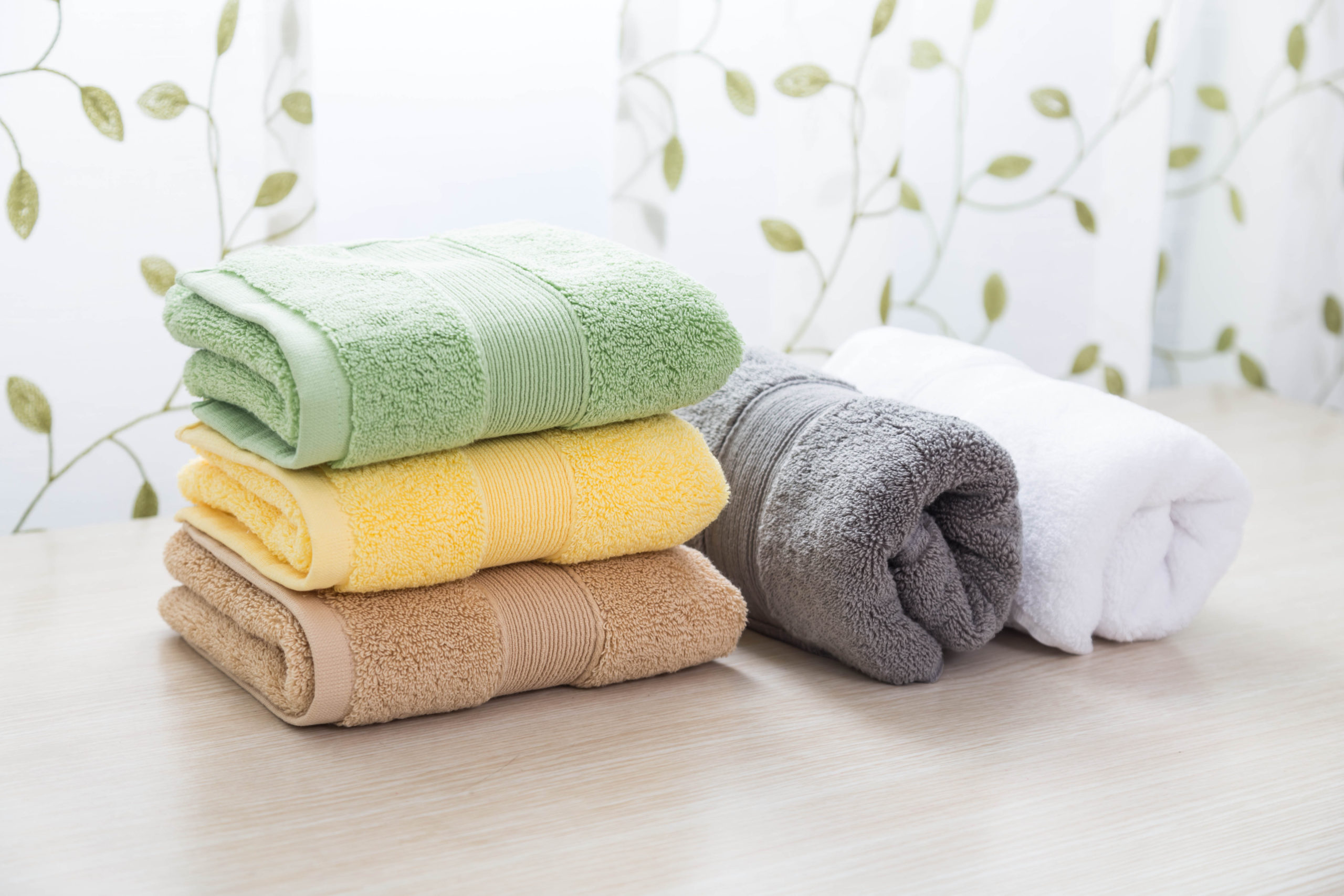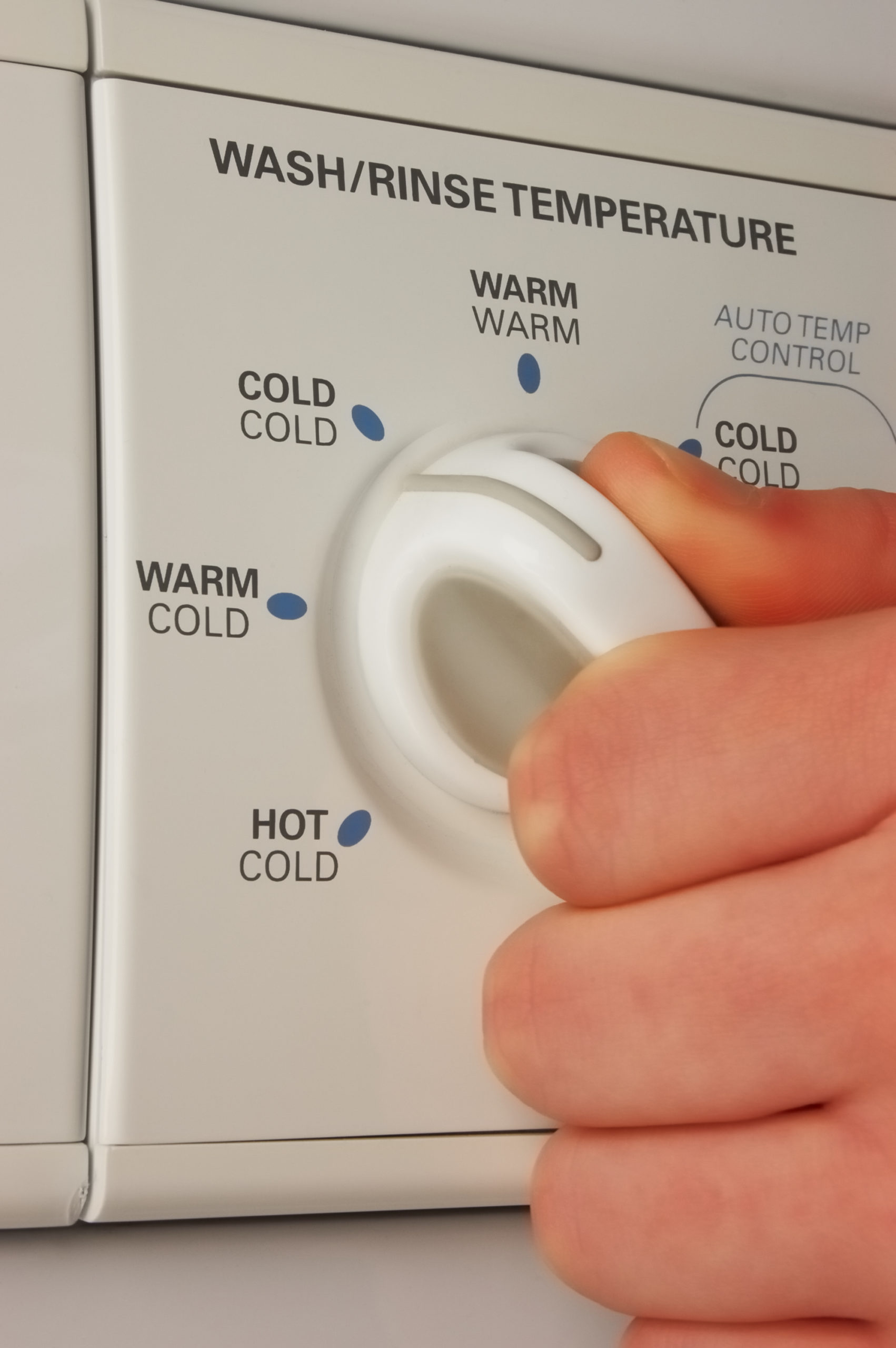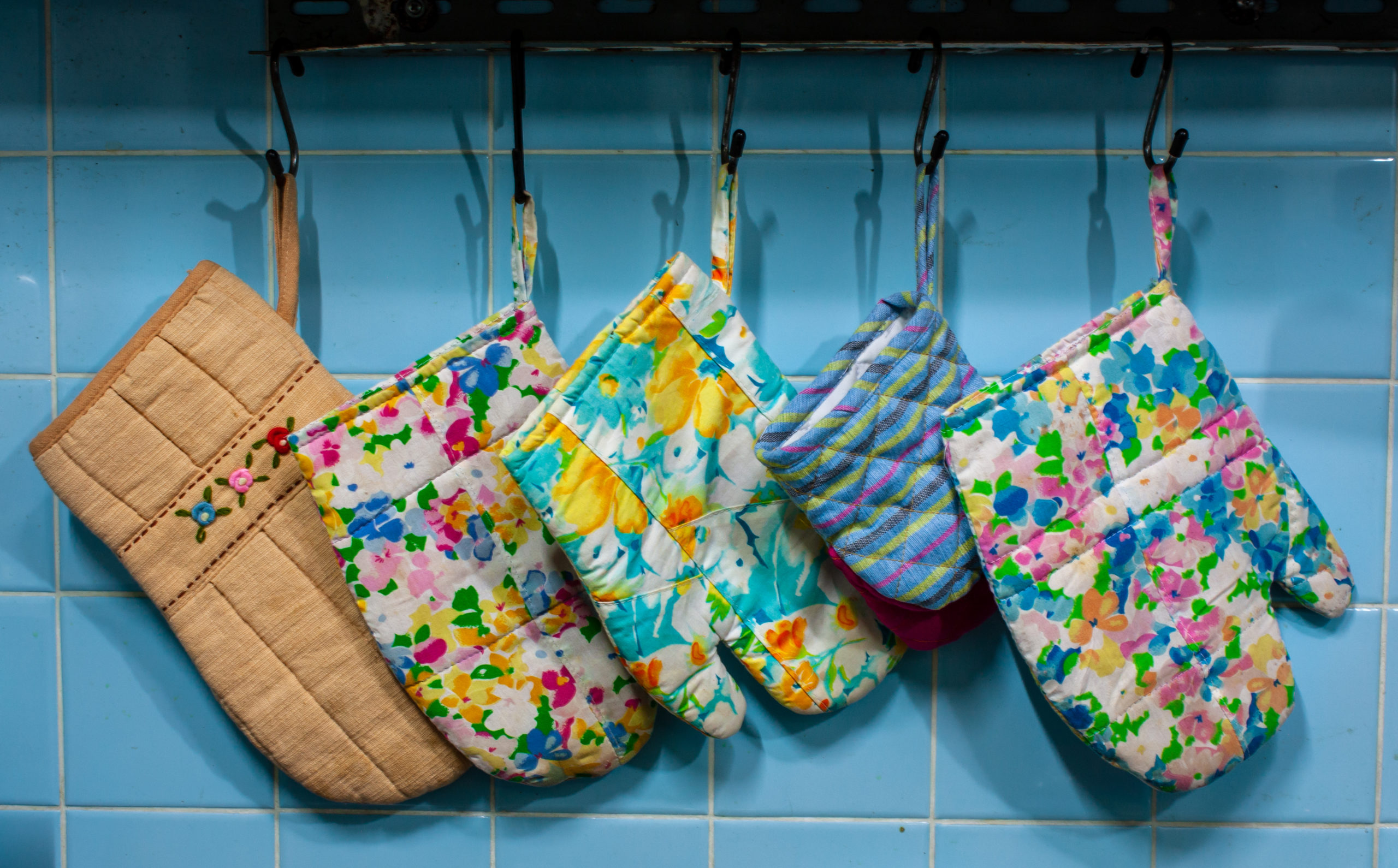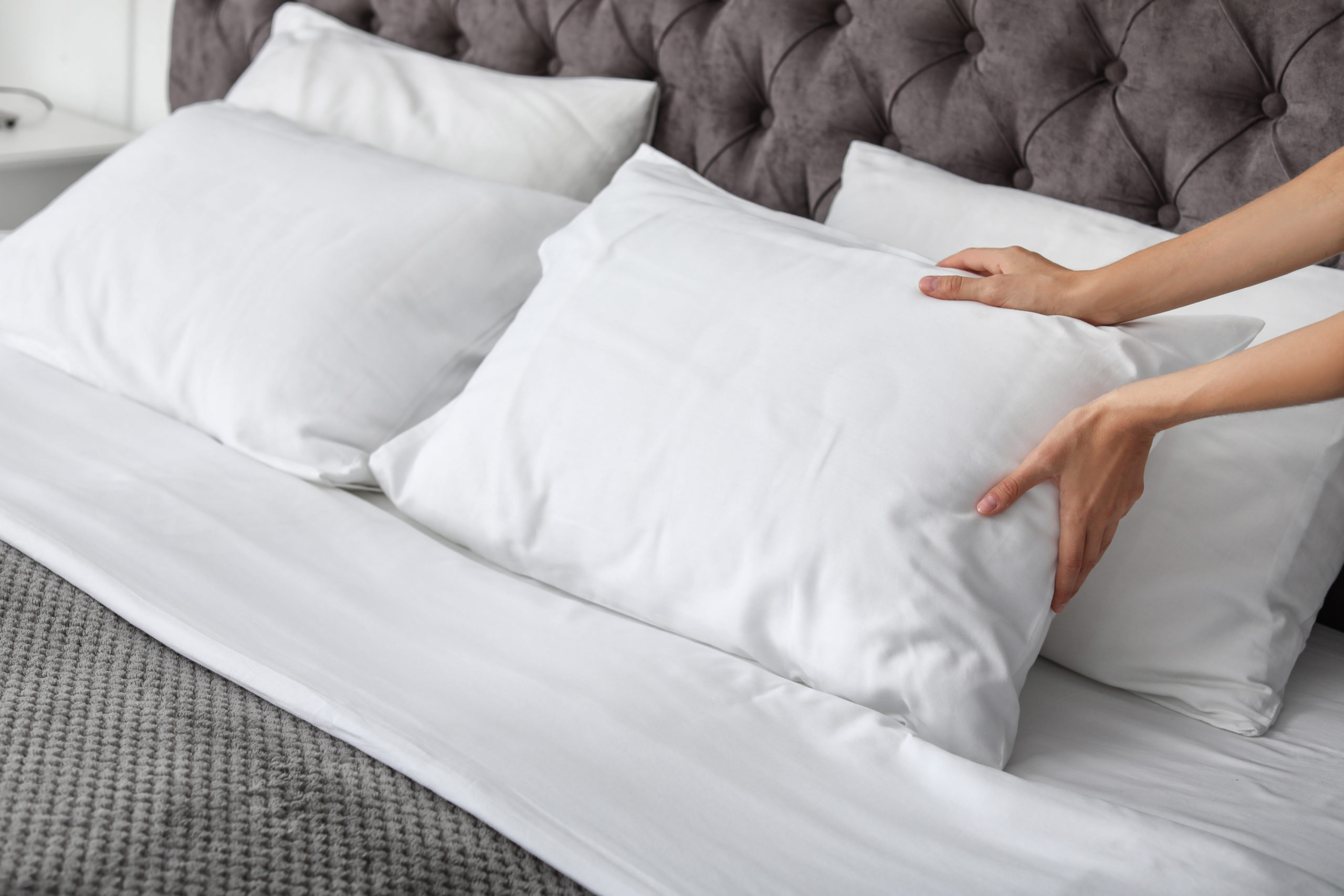Adopt a green laundry
routine with these 5 tips
1. DIY detergent: A green alternative for
detergent is vinegar! Pour a half cup of
distilled white vinegar into the washing
machine instead of a traditional detergent
or fabric softener. Vinegar whitens,
brightens and softens clothes.
2. Wash full loads: Fill the washing machine
to the recommended capacity (but not
more than that) to ensure efficiency.
3. Wash with cold water: Harvard
University researchers say scientific studies
show that washing clothes in cold water
is just as effective as washing them in hot
water for everyday laundry. Colder water
prevents color bleeding and shrinking
clothes, and helps clothes last longer.
4. Wash using shorter cycles: Doing
laundry with shorter cycle is another crucial
step towards a more sustainable routine.
Shorter and colder cycles also reduce
microfibers.
5. Use wool dryer balls: A regular dryer
sheet is only single-use and loaded with
toxic chemicals. Wool dryer balls are eco-friendly! They can reduce static electricity
and wrinkles, make clothes softer, and
speed up the drying process








